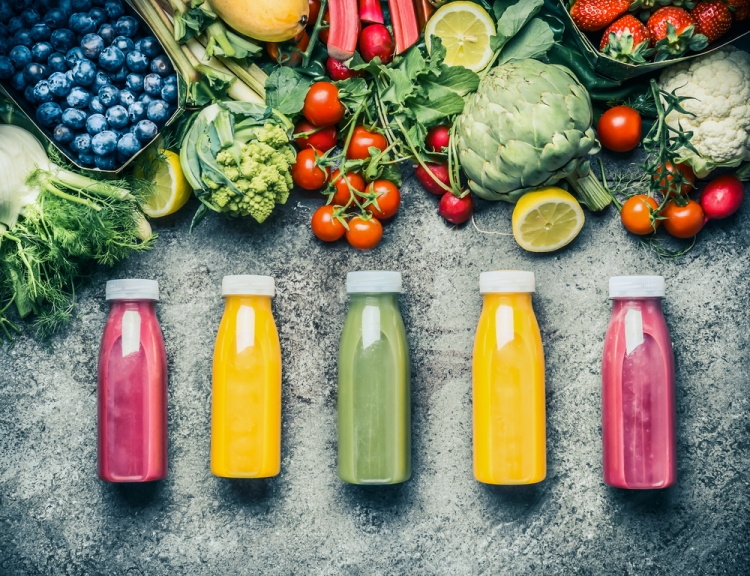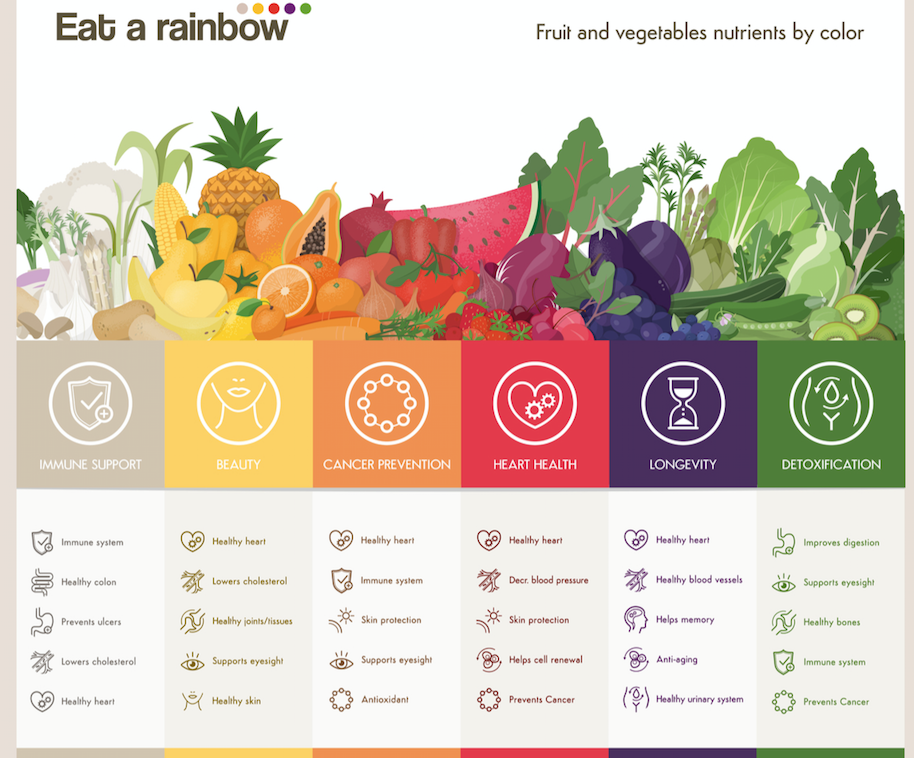Juice Fasting: A Nutritional Approach to Good Health

The ancient Greek physician Hippocrates said, “let food be thy medicine and medicine be thy food”. Perhaps modern medicine should pay more heed to this ancient wisdom.
The healing powers of certain foods and herbs have long been known. Today people are increasingly convinced that their food choices play an important role in their overall health. The medical profession, however, has been slow to incorporate diet into disease management. Most doctors feel much more comfortable with drugs than foods because standard treatments relying on medication reflect their medical school training. Patients, for their part, don’t dare question their doctor’s medical advice.
The result? So-called “civilization” diseases are on the rise with cancer being the second most common cause of death in the United States, surpassed only by heart diseases. We’ve been fighting cancer for decades with no significant breakthrough. Cancer continues to kill millions every year. According to the American Cancer Society about 1.7 million new cancer cases will be diagnosed this year, with 36% of them most likely to be terminal (this translates to about 1,650 people dying per day).
Image Credit: Shutterstock/YPhotoStudioRecurrence rates in cancer patients are high and conventional medicine relies on standard treatments: surgery, radiation, and chemotherapy. These therapeutic options not only fail to heal patients, they are malicious for the human immune system and entail many negative side effects. The U.S. government admits that conventional chemical and radiation treatments are carcinogenic themselves. Yet, still no new cancer therapies have been approved by the FDA in the last hundred years, making things extraordinarily difficult for cancer patients to seek and receive alternative treatments.
Isn’t it time we took Hippocrates’ advice more seriously?
One new trend in food therapy is juice fasting. If you think juice fasting is only for healthy people, you are mistaken. The idea behind juice fasting is easy to comprehend. It is essentially to starve cancer cells, while all other healthy cells in the body are nourished with vitamins, minerals and other important building blocks that our bodies need to function well. Juice fasting is a very powerful way to initiate healing and to bring rapid and dramatic improvement to these common, and life-threatening diseases. Studies have found that fasting slows the growth and spread of tumors and even eliminates the threat of cancer in some patients. Fasting diets can help destroy cancer cells.
Image Credit: Shutterstock/ElenabslMost people nowadays are addicted to carbohydrates and processed foods leaving them well fed but in most cases not well nourished. Cancer is a symptom of an imbalance within the body, created through lifestyle choices such as consumption of energy-dense foods of low nutritional value and external factors such as stress. Once cancer occurs, only a holistic approach can beat the disease. Simply removing the tumor without changing your lifestyle will not result in full recovery.
You can get the nutrients you need, which in turn help your body to fight cancer, because ultimately your body is designed to heal itself. Juicing makes this possible, without having to sit down and eat several pounds of vegetables, per day. Clearly, there is no magic pill that one can take to cure cancer. Avoiding processed and high-carbohydrate foods, which are full of sugar, however, is the first step in the right direction. In other words, the cure for cancer is obtained by starving cancer cells so that they die while feeding the rest of the body so that it can grow stronger and use its natural immune system to resist cancer.
Image Credit: Shutterstock/StudioAfrica“What we are seeing is that the cancer cell tries to compensate the lack of all these things missing in the blood after fasting,” says Professor Valter Longo, a research at the University of Southern California researcher. “It may be trying to replace them, but it can’t. The cell is, in fact, committing cellular suicide”. Prof. Longo adds: “The mouse study on skin and breast cancers is the first study to show that a diet that mimics fasting may activate the immune system and expose the cancer cells to the immune system. This could be a very inexpensive way to make a wide range of cancer cells more vulnerable to an attack by the immune cells while also making the cancer more sensitive to the chemotherapy.”
Many testimonials prove that lifestyle changes especially based on nutrition can have a tremendous effect while fighting cancer. One such testimonial comes from Kris Carr, a multiple New York Times best-selling author, wellness activist and cancer "thriver". She was diagnosed with stage IV cancer in 2003, which has no cure and no treatment options available. Having been given 10 years to live she decided to change her habits and has learnt how to live a healthy life with cancer, surpassing her “death sentence” now by five years. Carr is a big advocate of juicing and incorporates juice fasts for cleansing into her lifestyle.
Image Credit: Shutterstock/MaridavJuice fasting is by no means a panacea and should not be seen as a replacement for emergency operations. However, in light of conventional therapies not being able to provide a “real” cure to cancer patients, it is important for the medical profession to be open-minded to new therapies and acknowledge the importance of diet as part of cancer treatment. Studies show that the combination of diet and targeted drugs is a low-cost treatment with few, if any, side effects — and boasts a high rate of success.
Until the medical profession recognizes a new era in cancer management and prevention, it's up to patients to take their health into their own hands. They must be proactive and demand the best available treatments.











